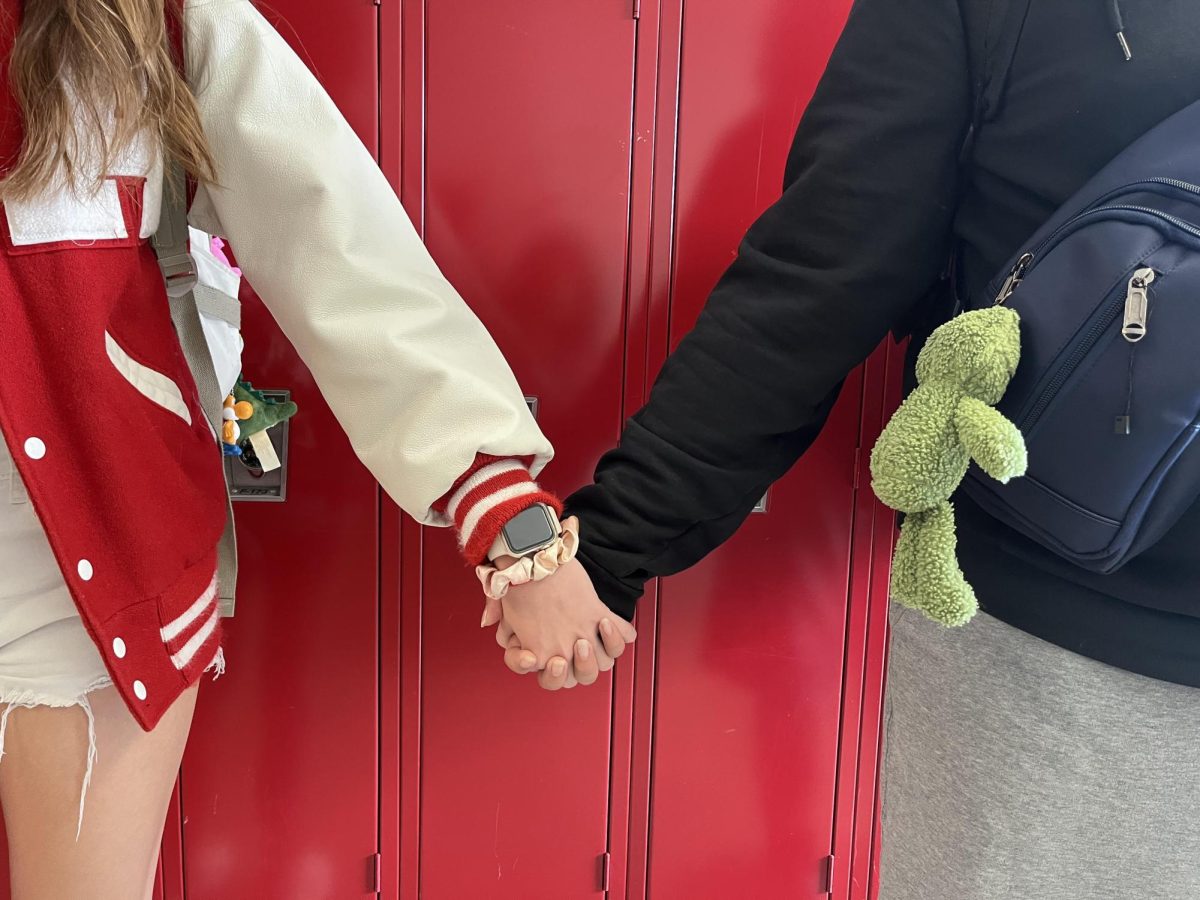Surprised glances and “isn’t that a health issue?” comments are common from passers-by who notice that I am without footwear. My answer is always “no, to the contrary, it’s quite healthy” with a smile.
Feet are quite an oddity in public, unless you are on a beach or at home–where it’s socially accepted. This is the heart of the problem. Once the social stigma is passed, people realize that living and moving barefoot is more than fine, but very healthy!
Shoes hinder your body from moving the way it is supposed to. Naturally, the foot when walking or running contacts the ground on the ball of the foot. The clunky shoes people wear have thick soles and force a person’s foot to walk awkwardly, and in time, cause detrimental health effects to the skeletal and muscular systems. Emerging studies such as Harvard’s Skeletal Biology Lab give evidence to these claims. Even if people do try to walk or run barefoot after wearing shoes for years, some complain that it hurts. Well of course it hurts! Your feet had been wearing casts for years, and when you took those casts off, the unexercised muscles were shocked by the change. If you work on it however, the feet and leg muscles get stronger and the body becomes used to walking naturally again.
Most would think walking around shoeless is nasty and unhygienic, but the opposite is true. Moisture, perspiration and a lack of ventilation leads to to conditions like athlete’s foot. Shoes create the perfect environment for thriving detrimental bacteria. Barefoot walking allows feet to breathe and cleanse naturally. Additionally, barefooting protects people from getting pains from constricting footwear and other painful conditions like bunions. Everyone knows the great feeling of getting home and taking your shoes off. Why not feel like that all the time?
Shoes are supposed to protect people from hard surfaces, but our feet already naturally protect themselves from anything that could harm them. The skin on our palms and feet is different from the skin on the rest of the body. Plantar skin, as it is called, can take approximately 600% more tension than the rest of the body and thickens as one walks. Most people don’t wear gloves when they play guitar, and the strength and thickness fingers develop is not unsightly or hindering to the person.
Whether hiking through a forest or shopping in a grocery store, barefooting is not illegal and unsafe, but is unfortunately believed to be. The signs expressing “No shirt, no shoes, no service.” became popular in the 70s when the counter-culture of hippies–many who went barefoot and shirtless–rose in popularity and people became scared of what they didn’t understand. Signs like these have no foundation in law or regulation and are only remnants of discrimination and fear. There are to this day no health regulations regarding bare feet or the requirement of shoes, except under the Occupational Safety and Health Administration (OSHO), which requires workers to wear “safety shoes” only under specific circumstances such as heavy machinery or immediate dangers.
In grocery stores and restaurants, bare feet are no more of a health issue than shoes, if not less. The small amount of dirt and bacteria acquired by walking barefoot is no more dangerous than the larger amount collected by shoes. Most people don’t put their shoes on the table when they eat, and most barefooters don’t either. Their soles stay on the ground where they are the most comfortable.
For a successful lawsuit, four factors must be proven: a duty of care to the customer, a breach of that duty (negligence), a causal link between the breach and harm, and actual harm or damage. If a barefooter does step on a piece of glass or cut themselves, the risk would not be placed on the party sued, but the client. No logical judge would take a case where a barefooter sued a company for stepping on glass and hurting themselves. The walker accepted the risk when he took his shoes off or walked in barefoot. Additionally, no sane barefooter would choose to sue over this as it would lead to precedents and restrictions to walking barefoot!
The last issue faced by barefooters and promoted by others is that walking barefoot is offensive. This thought is against the very core of our nation’s principles. People are allowed to do what they wish, unless they harm people directly. Choosing to be barefoot is no different than having pink hair, a tattoo, or an opinion.
The only problem holding back people from accepting bare feet in public is the social stigma of walking barefoot. “Everyone else wears shoes and I was born and raised wearing shoes. If you don’t wear shoes something is wrong with you”. Statements like this impede our society from progressing and understanding the world. I choose to live barefoot because for the above health reasons and because it connects me spiritually to planet earth. I have a natural right to do this and the misunderstanding floating around barefooting is ungrounded. Feet are not something to be scared of, but tolerated and understood.





